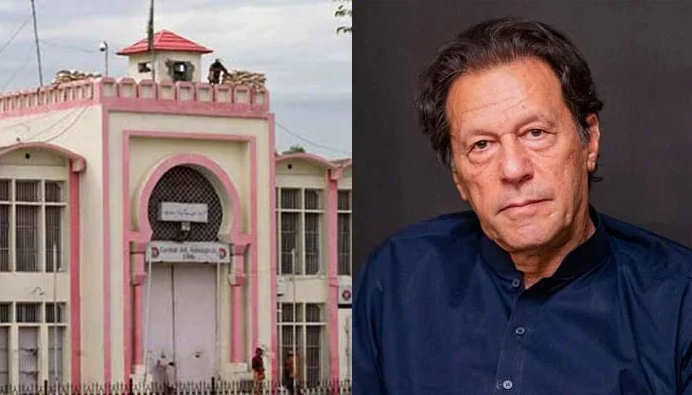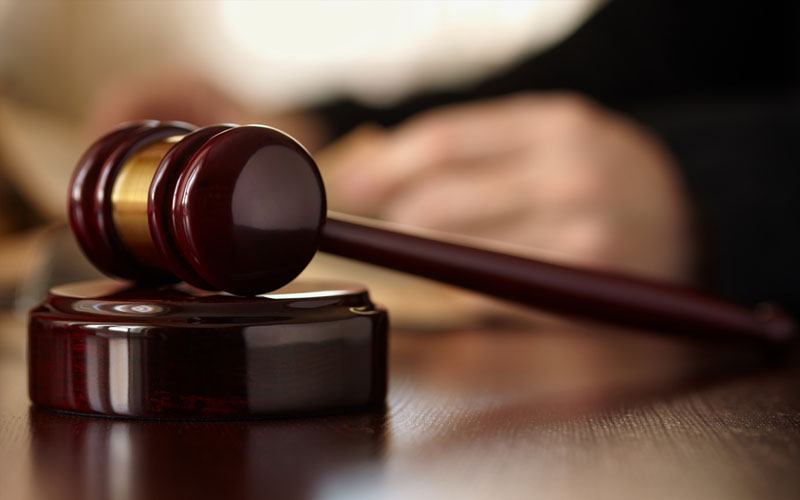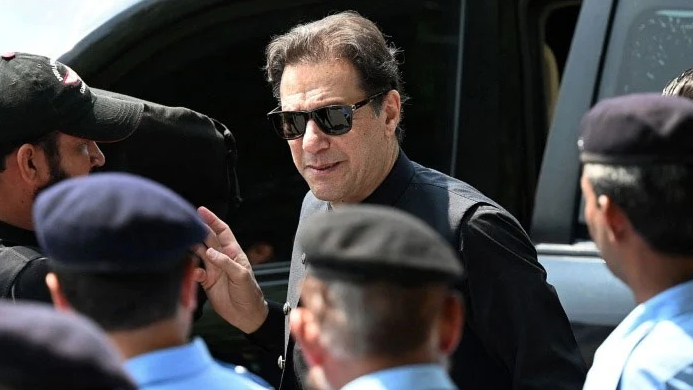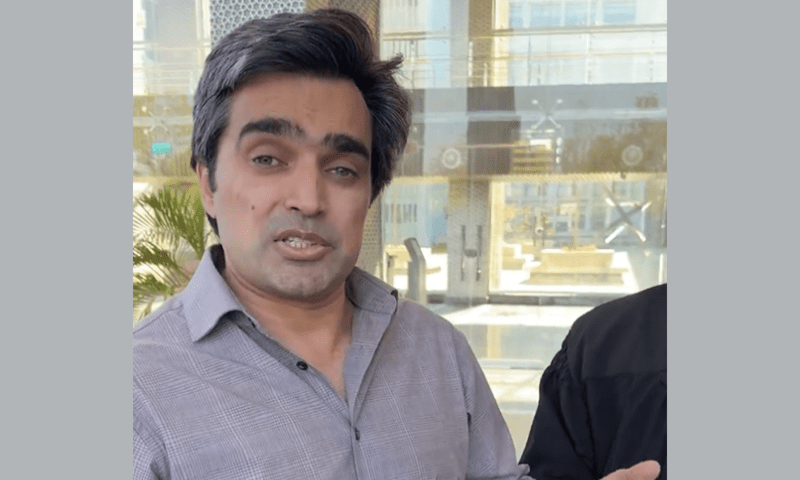LEGAL
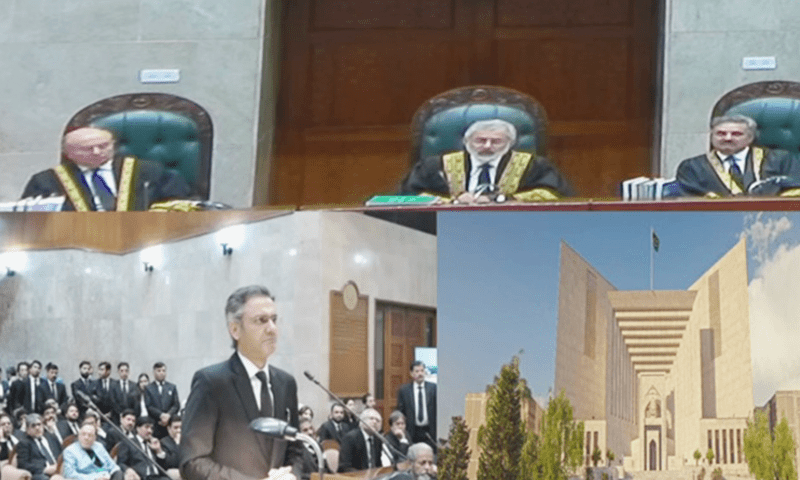
Chief Justice of Pakistan (CJP) Qazi Faez Isa reaffirmed the judiciary's commitment to independence as the Supreme Court convened to address allegations of interference in judicial affairs. The hearing, presided over by a seven-member bench, including CJP Isa, was prompted by a letter from six Islamabad High Court (IHC) judges detailing attempts to influence court proceedings.
The letter, dated March 25, outlined instances of alleged interference and intimidation, including pressure exerted by intelligence officials on judges, surveillance of judicial residences, and intimidation of family members. It highlighted concerns that such actions compromised the judiciary's independence and integrity.
During the hearing, CJP Isa underscored the judiciary's stance against any form of interference, stating, "Any attack on the judiciary’s independence would not be tolerated." He hinted at the possibility of forming a full court to address the matter, emphasizing the seriousness of the allegations and the need for judicial scrutiny.
The hearing also saw Attorney General for Pakistan (AGP) Mansoor Usman Awan and representatives from various legal associations present arguments. AGP Awan reiterated the government's commitment to judicial independence and offered support for any necessary inquiries into the allegations.
The proceedings reflected a robust discussion on the judiciary's constitutional role, the separation of powers, and mechanisms for accountability. Judges expressed concerns over past instances of interference and stressed the importance of safeguarding judicial independence.
As the hearing concluded, CJP Isa indicated the possibility of convening a full court in the future to further deliberate on the matter. The judiciary's firm stance against interference underscores its commitment to upholding the rule of law and preserving the integrity of the judicial system.
The case has drawn widespread attention within legal circles and civil society, highlighting the crucial role of an independent judiciary in upholding democracy and protecting fundamental rights.
